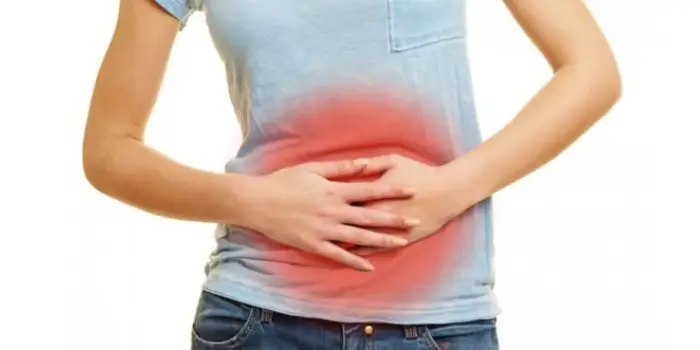
Best Doctor for Gas and Bloating Treatment in Mumbai
What is gas pain?
The production of gas is a normal side effect of digestion, and burping or passing gas isn’t usually cause for concern. However, when gas can’t move through your digestive system normally and becomes trapped, it can cause bloating and pain as it places increased pressure on your digestive system.
Eating certain foods that produce excess gas is most often the cause of gas pain, and it can often be managed by relatively simple dietary changes. However, severe gas and gas pain can also be a sign of common conditions like celiac disease or irritable bowel syndrome (IBS).
What are the signs of excess gas?
You’re experiencing an excess of gas in your digestive system if you notice:
- Burping
- Passing gas (flatulence)
- Pain, cramps, or a feeling of pressure or knotting in your abdomen
- A feeling of over-fullness in your abdomen
- An observable increase in the size of your abdomen, called distension
It’s normal to burp, especially after just eating or drinking something, and passing gas is also not generally a cause for concern, so you often don’t need to worry about it unless it’s occurring far too often to be normal. You should consult immediately if you notice:
- Blood in your stool
- Change in the consistency of your stool
- Change in the frequency of your bowel movements
- Unintended weight loss
- Constipation or diarrhea
- Persistent or recurring nausea and vomiting
It’s also especially vital to seek help if gas is accompanied by chest pain or any numbness in your extremities, as this could be a sign of heart problems.
How are gas and bloating managed?
If excess gas and bloating is a problem for you, the first step is a diagnosis by a Gastroenterologist to eliminate possibilities like irritable bowel syndrome (IBS) or celiac disease. These conditions have their own treatments, but more often than not, excess gas can be managed by small changes in diet. Eating more fiber and less sugar, dairy, and fatty foods can often help keep your symptoms in check.


